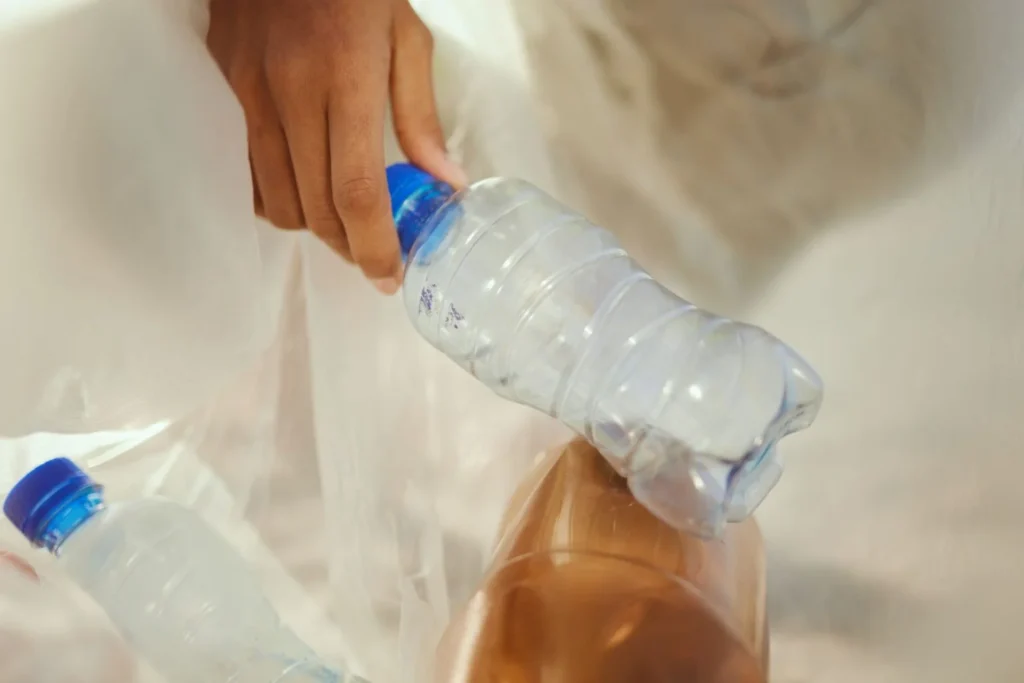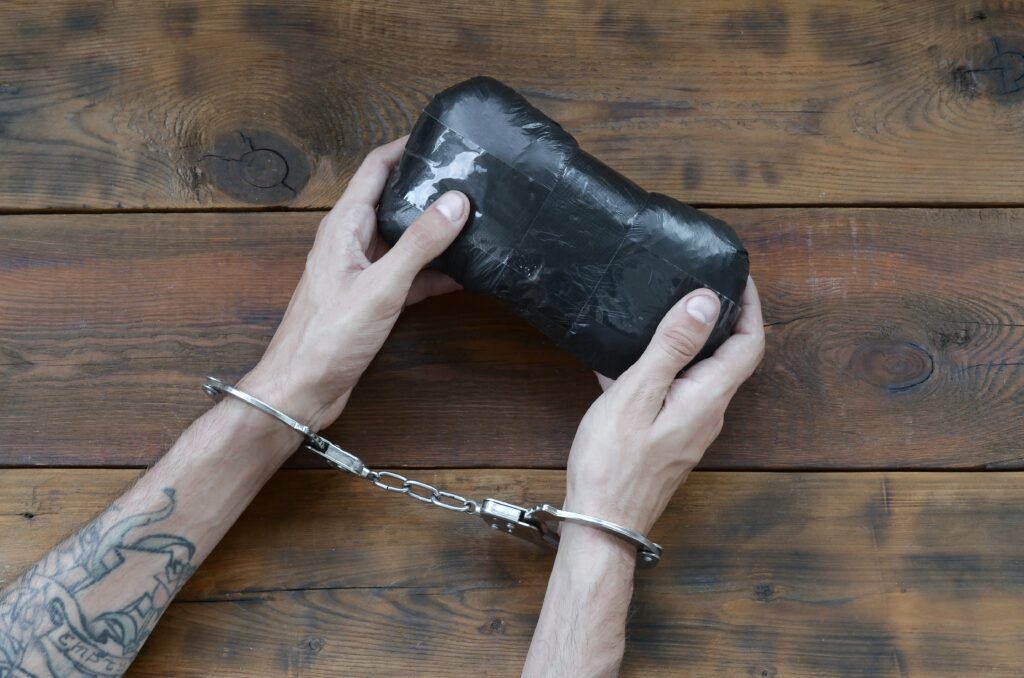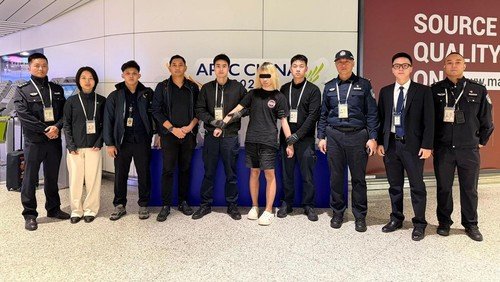
PT Tirta Investama (Aqua), one of Indonesia’s largest bottled water manufacturers, has officially ceased production of plastic water bottles smaller than one liter in Bali.
The move comes in response to the Bali provincial government’s planned ban on the distribution and use of small plastic bottled water products, which is set to take full effect by the end of 2025.
The policy is part of a broader effort by the provincial government to reduce single-use plastic waste, which has been a longstanding environmental concern on the island. Bali Governor Wayan Koster has taken a firm stance on the issue, reiterating this week that he would not compromise on implementing the ban.
“I want to protect Bali’s environment, which is facing increasingly serious plastic waste problems,” Koster said during a meeting with producers and distributors of bottled water at the governor’s office on 10 June.
Transition period through 2025
Under the new policy, producers and retailers have until December 2025 to deplete existing stock before the ban becomes fully enforceable. Starting in 2026, the sale and distribution of bottled water in plastic containers under one liter will no longer be allowed in Bali. Other items included in the restriction are plastic straws, styrofoam, and plastic bags.
The policy is backed by Bali Governor Regulation No. 97/2018 and a new circular (No. 9/2025) supporting the island’s anti-plastic campaign, known as the Gerakan Bali Bersih Sampah.
Support from producers and retailers
Aqua’s decision marks one of the most significant voluntary steps by a major producer ahead of the full implementation deadline. Other producers and modern retailers, including Living World, have also voiced support for the policy, noting their readiness to stop the sale of small plastic bottles once supply ceases.
While some producers have asked for time to adjust, the provincial government emphasized that failure to comply could result in administrative penalties, including written warnings and the possible revocation of business licenses.
Cultural and community role
Governor Koster also called on local community leaders—particularly those in charge of traditional village customs—to enforce the policy at the grassroots level. He discouraged the use of small plastic bottles during religious ceremonies, encouraging the use of reusable cups or tumblers instead.
National attention and pilot program
The Ministry of Environment and Forestry has expressed support for Bali’s initiative, considering the island a potential pilot project for a nationwide ban on single-use plastics. If successful, the model could be expanded to other regions in Indonesia.
Plastic bottles smaller than one liter have been identified by environmental groups and the government as a major source of pollution, particularly in waterways, beaches, and culturally significant sites across Bali.
“This is not just about regulation. It’s about a collective commitment to keeping Bali clean and sustainable,” Koster said.










